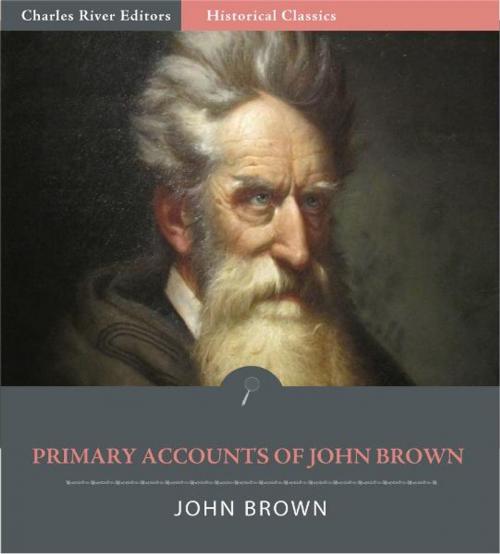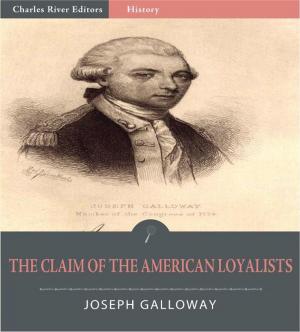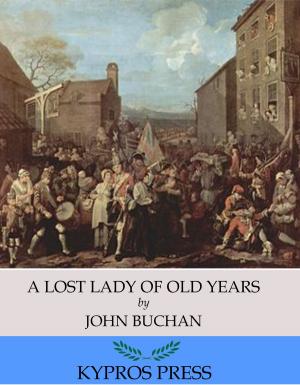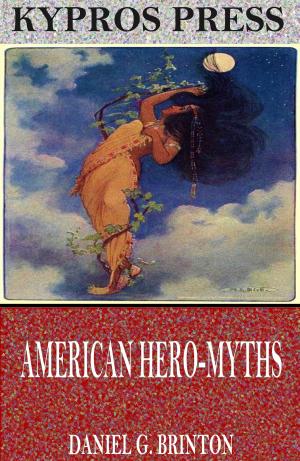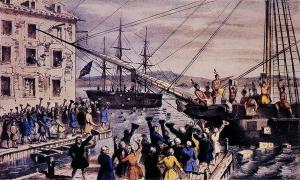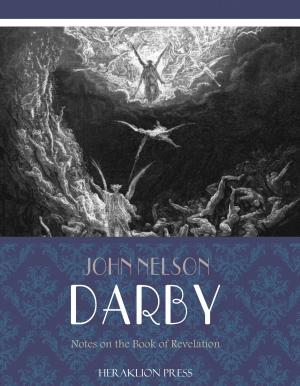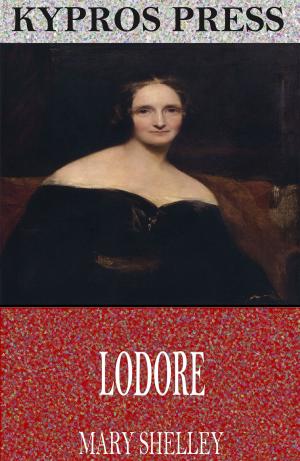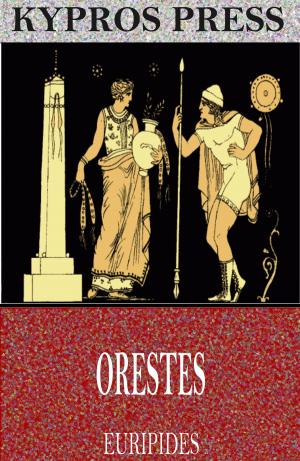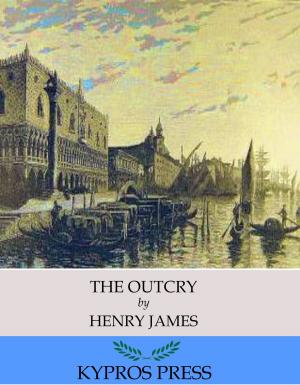Primary Accounts of John Brown
Nonfiction, History, Americas, United States, Civil War Period (1850-1877), 19th Century| Author: | John Brown | ISBN: | 9781619823662 |
| Publisher: | Charles River Editors | Publication: | January 20, 2012 |
| Imprint: | Language: | English |
| Author: | John Brown |
| ISBN: | 9781619823662 |
| Publisher: | Charles River Editors |
| Publication: | January 20, 2012 |
| Imprint: | |
| Language: | English |
John Brown (May 9, 1800 December 2, 1859) holds a unique place in American history, often viewed as a force for good and an evil man at the same time. Brown was a revolutionary abolitionist in the United States who became famous in his own time for practicing armed insurrection as a means to abolish slavery for good. He led the Pottawatomie Massacre during which five men were killed in 1856 in Bleeding Kansas and became notorious for his attempted raid at Harpers Ferry in 1859. For that, he was tried and executed for treason against the state of Virginia, murder, and conspiracy. Brown has been called "the most controversial of all 19th-century Americans." Brown's attempt in 1859 to start a liberation movement among enslaved African Americans in Harpers Ferry, Virginia (now West Virginia) electrified the nation. He was tried for treason against the state of Virginia, the murder of five pro-slavery Southerners, and inciting a slave insurrection and was subsequently hanged. Southerners alleged that his rebellion was the tip of the abolitionist iceberg and represented the wishes of the Republican Party to end slavery. Historians agree that the Harpers Ferry raid in 1859 escalated tensions that, a year later, led to secession and the Civil War. Brown was hardly apologetic about his attempted raid. During his trial, Brown addressed the court, Had I interfered in the manner which I admit, and which I admit has been fairly proved (for I admire the truthfulness and candor of the greater portion of the witnesses who have testified in this case), had I so interfered in behalf of the rich, the powerful, the intelligent, the so-called great, or in behalf of any of their friends, either father, mother, brother, sister, wife, or children, or any of that class, and suffered and sacrificed what I have in this interference, it would have been all right; and every man in this court would have deemed it an act worthy of reward rather than punishment. That speech, along with other words and interviews spoken by Brown during and after his trial and imprisonment are contained here in a collection of Primary Accounts of John Brown. Included are the last letters to his family, his last speech, his interview in prison, and the final note he wrote the day he was executed which predicted that slavery would only be abolished through the spilling of blood. This edition of Primary Accounts of John Brown is specially formatted with a Table of Contents and images of Harpers Ferry and Brown.
John Brown (May 9, 1800 December 2, 1859) holds a unique place in American history, often viewed as a force for good and an evil man at the same time. Brown was a revolutionary abolitionist in the United States who became famous in his own time for practicing armed insurrection as a means to abolish slavery for good. He led the Pottawatomie Massacre during which five men were killed in 1856 in Bleeding Kansas and became notorious for his attempted raid at Harpers Ferry in 1859. For that, he was tried and executed for treason against the state of Virginia, murder, and conspiracy. Brown has been called "the most controversial of all 19th-century Americans." Brown's attempt in 1859 to start a liberation movement among enslaved African Americans in Harpers Ferry, Virginia (now West Virginia) electrified the nation. He was tried for treason against the state of Virginia, the murder of five pro-slavery Southerners, and inciting a slave insurrection and was subsequently hanged. Southerners alleged that his rebellion was the tip of the abolitionist iceberg and represented the wishes of the Republican Party to end slavery. Historians agree that the Harpers Ferry raid in 1859 escalated tensions that, a year later, led to secession and the Civil War. Brown was hardly apologetic about his attempted raid. During his trial, Brown addressed the court, Had I interfered in the manner which I admit, and which I admit has been fairly proved (for I admire the truthfulness and candor of the greater portion of the witnesses who have testified in this case), had I so interfered in behalf of the rich, the powerful, the intelligent, the so-called great, or in behalf of any of their friends, either father, mother, brother, sister, wife, or children, or any of that class, and suffered and sacrificed what I have in this interference, it would have been all right; and every man in this court would have deemed it an act worthy of reward rather than punishment. That speech, along with other words and interviews spoken by Brown during and after his trial and imprisonment are contained here in a collection of Primary Accounts of John Brown. Included are the last letters to his family, his last speech, his interview in prison, and the final note he wrote the day he was executed which predicted that slavery would only be abolished through the spilling of blood. This edition of Primary Accounts of John Brown is specially formatted with a Table of Contents and images of Harpers Ferry and Brown.
